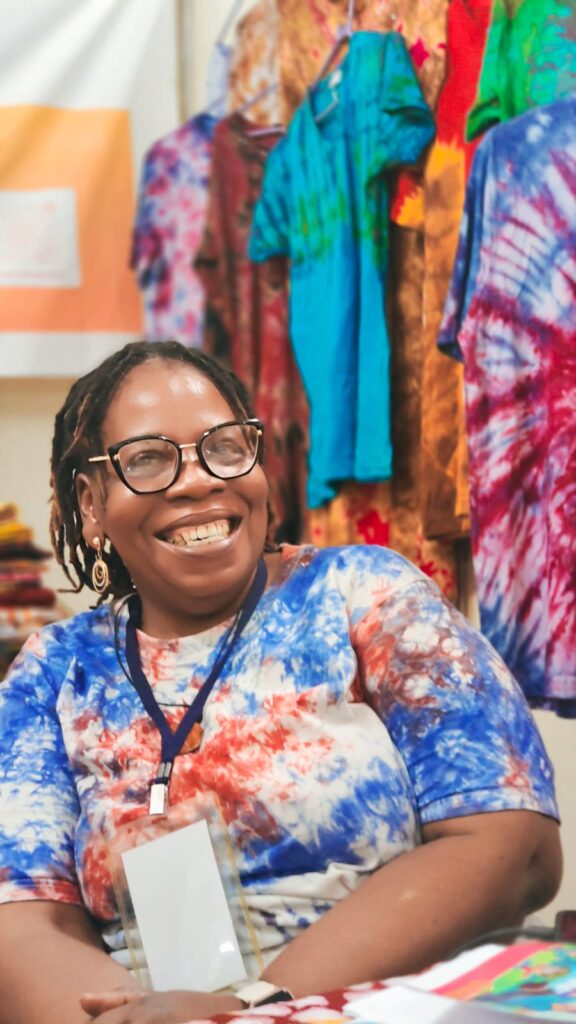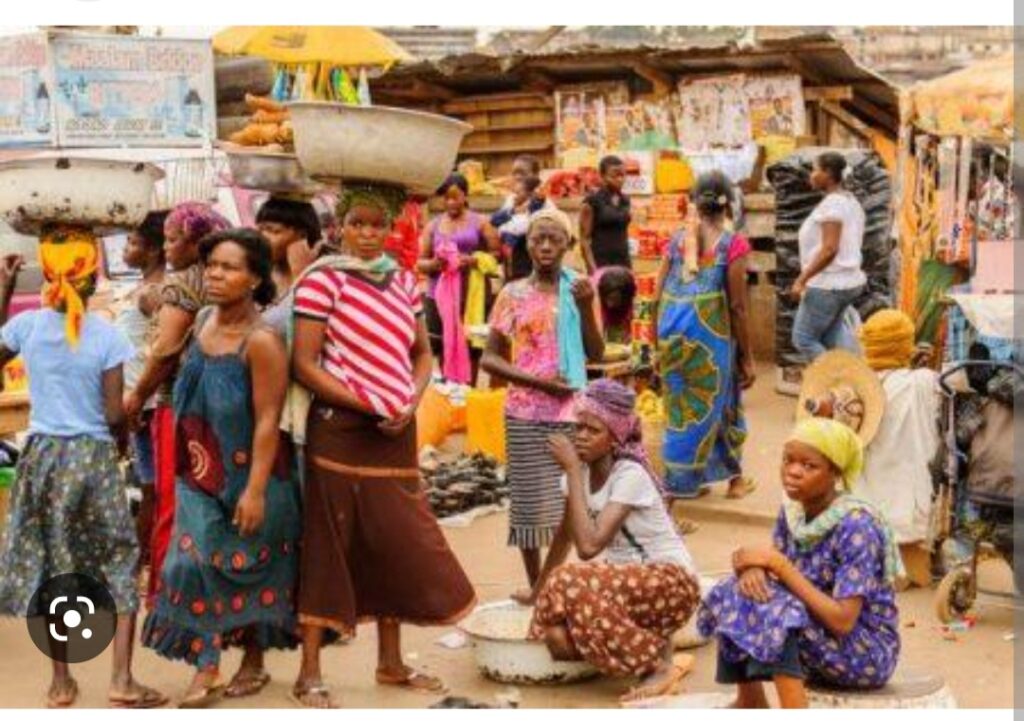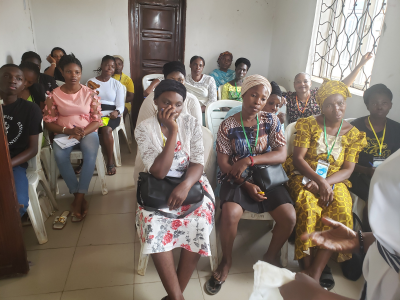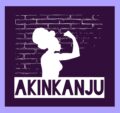I faced rejection and negligence from my father all through my life. My husband left me and our daughter three months after I gave birth to twins. I had no choice but to struggle with multiple businesses to provide for them. Overcoming discrimination and stigmatization, I thrived and became a leader in business organizations. My experiences inspired me to start Akinkanju, empowering single mothers, widows, and vulnerable women.

Problem of single mothers, widows and vulnerable women.
Due to lack education and training, single mothers and widows aged 16 -40years in southwest Nigeria struggle to find stable employment with decent wages.

The prevalence of single motherhood is 10%, higher than south sub-Saharan Africa average of 32%.
Single mothers and widows face challenges as they work hard to support their families. Some travel from other southwest states to Lagos state, where they sell goods on the streets and live in bus garages due to limited funds for renting apartments. They also contribute by working in local canteens, bakeries, and street cleaners.
Root cause.
Cultural norms, lack of Government support, and Limited access to education prevent them from accessing better jobs or starting businesses. They often resort to low-paying jobs, selling goods on the streets, or working in local canteens. Discrimination and lack of resources expose them to exploitation. . Landlords won’t rent an apartment to single mothers they believe they might not pay the rent when due because of their financial instability. Single mothers and widows often engaged in household tasks such as laundry and cleaning.
Government policies and social welfare programs are inadequate, perpetuating the cycle of poverty. Take Kemi’s case in Oshogbo. She separated from her abusive husband but lacked support from her family. With no income, she took low-wage cleaning jobs, facing potential exploitation.
Interventions:https://wapa.lagosstate.gov.ng
Government programs provide short-term skill training and free education, but they are insufficient. NGOs offer some support, but their programs are short and not well-monitored. Access to credit and loans is challenging due to a lack of education especially for single mothers and widows living in rural areas. There is also a gap in personal development and life skills training. Government and other NGOs focused on training educated women in entrepreneurship, personal development, and life skills.
solution.
In a world not too distant, I envision a place where the courage of single mothers, widows, and vulnerable women in South West Nigeria shines brightly. It’s a place we call Akinkanju, “The Brave,” nestled in the heart of Ido, a rural area in Osun State. Here, the dreams of these remarkable women come to life.
Picture this: A center dedicated to empowerment through education, job skills, and vocational training, with a special focus on the building construction industry. At Akinkanju, our mission is clear – to break the chains of poverty and discrimination that have held these women back for far too long.

In our workshops, these brave women learn the crafts of bricklaying, electrical work, carpentry, and more. We equip them not only with tools but also with the knowledge and confidence to excel in these fields. As they graduate, they carry with them the pride of constructing entire buildings, a symbol of their resilience.
But Akinkanju is not just about building structures; it’s about rebuilding lives. We understand that personal development is key. Through our programs, these women gain skills in time management, financial literacy, self-care, and communication. They set goals, solve problems, and learn the art of networking and emotional intelligence.
As a result, their self-esteem soars, their parenting skills improve, and they find greater financial security. Stress becomes manageable, and personal growth becomes a constant companion. These women become beacons of hope for their families and communities. And we don’t stop there. We provide a crèche for their young children, ensuring that nothing stands in the way of their learning journey. We also extend a helping hand to their adolescent children, offering counseling to address any emotional or psychological challenges they may face. But our vision goes beyond gender. Single fathers and vulnerable men in our society are welcomed into Akinkanju, becoming our ambassadors of change. Their confidence, employability, and ability to provide for their families grow exponentially.
In this dream world, Akinkanju becomes a catalyst for financial stability, emotional well-being, and stronger family bonds. Together, we create resilient communities where dreams are nurtured, lives are transformed, and hope is rekindled.
This, my friends, is the dream of Akinkanju—a dream that knows no bounds, a dream that empowers, a dream that ignites a brighter future for all.
